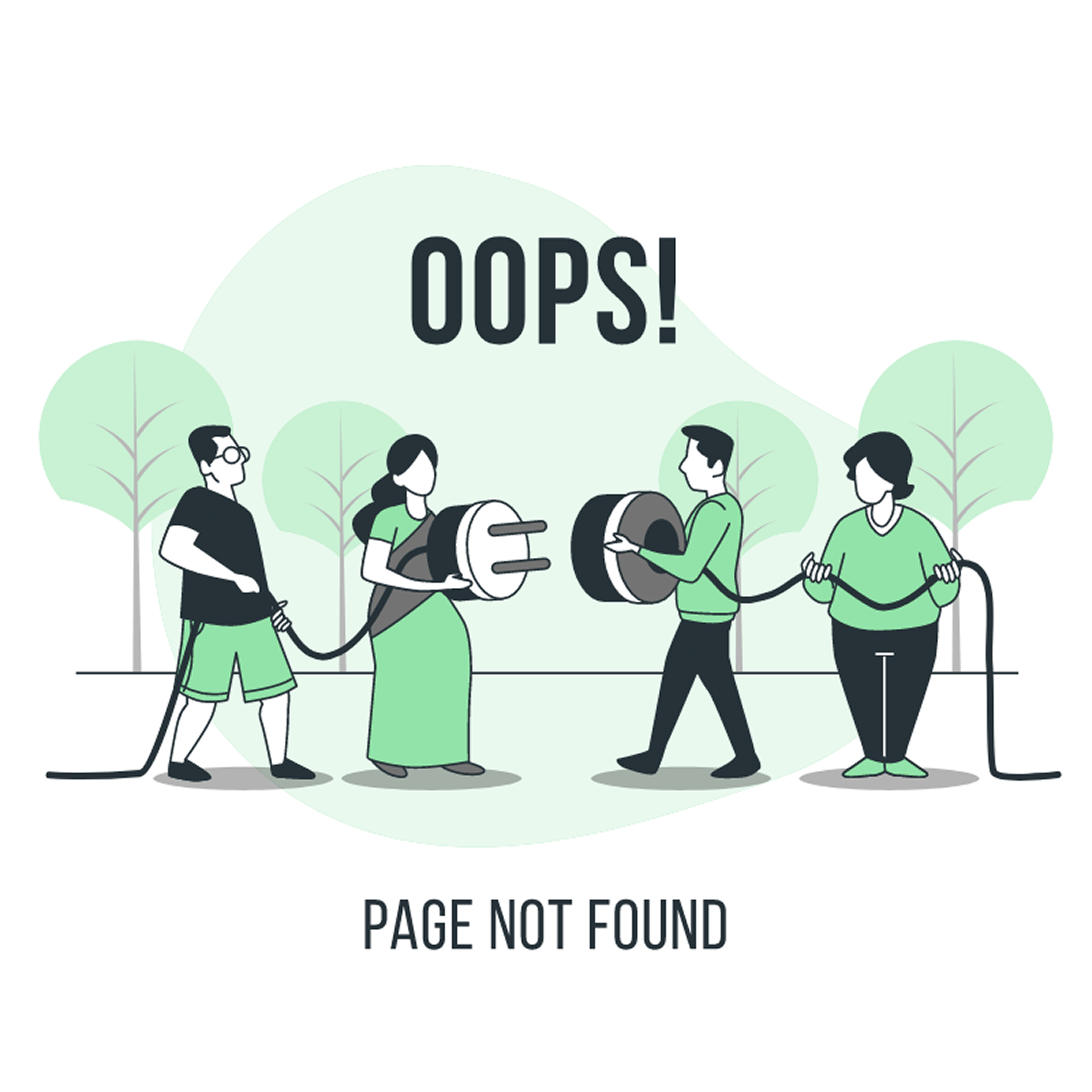Deliver To :
Frankfurt am Main, Hesse... 60327Deliver To :
Frankfurt am Main, Hesse... 60327
It looks like this page is unavailable. Try using the search bar or looking through one of these links below. Still need help? Live Chat With Us!
Browse By Categories
HorecaStore is the fastest-growing online restaurant-supply company in the U.S. stocking 100,000+ items from True, Vulcan, Hoshizaki and more, ships free next-day nationwide, and beats competitors by 8–15 % with zero freight.
HorecaStore is the fastest-growing online restaurant-supply company in the U.S., stocking 100,000+ products from True, Vulcan, Hoshizaki and more in our own warehouse. We ship free next-day nationwide, beating competitor prices by 8–15 % with zero freight or middle-man markup.